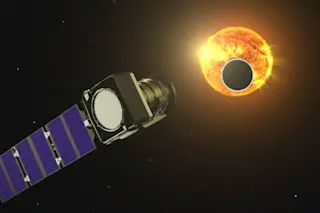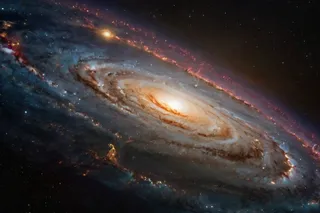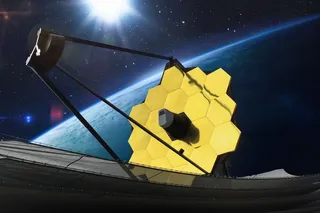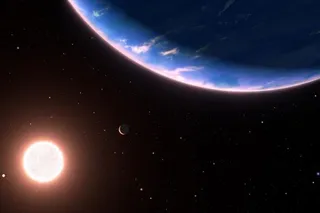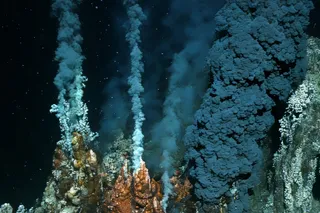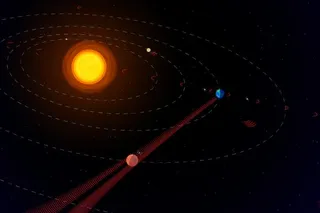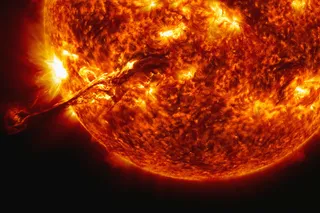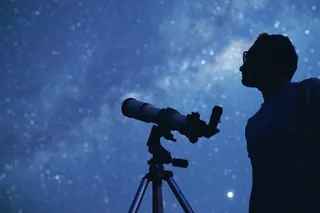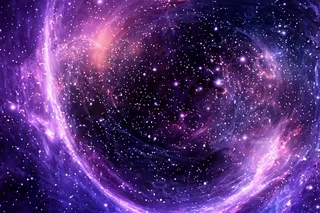The fictional Magic School Bus enables its passengers to explore scientific phenomena, such as dinosaurs. Now, a non-fictional Space Bus named Pandora is ready to investigate celestial mysteries, like exoplanets that orbit small stars.
The team that conceived of and built Pandora — consisting of scientists from institutions including NASA, Lawrence Livermore National Laboratory, and the University of Arizona — announced its completion at an American Astronomical Society press briefing in Maryland.
The Pandora satellite will study at least 20 known planets orbiting distant stars. It will probe the makeup of their atmospheres – especially looking for hazes, clouds and water.
Pandora will begin its drive in the fall 2025, although there is not yet an official launch date. While naming the exploration vehicle a bus is standard practice when referring to any spacecraft body designed to carry scientific instrumentation, its use this time is especially apt.
Pandora, like its ...


